Our Tour Guides
Harrow School tour guides are an endless source of knowledge and fascinating facts about the history of Harrow School. Here we meet some of them:
© Harrow School Enterprises Ltd
+44(0) 20 8426 4638 | enterprises@harrowschool.org.uk
Harrow School tour guides are an endless source of knowledge and fascinating facts about the history of Harrow School. Here we meet some of them:
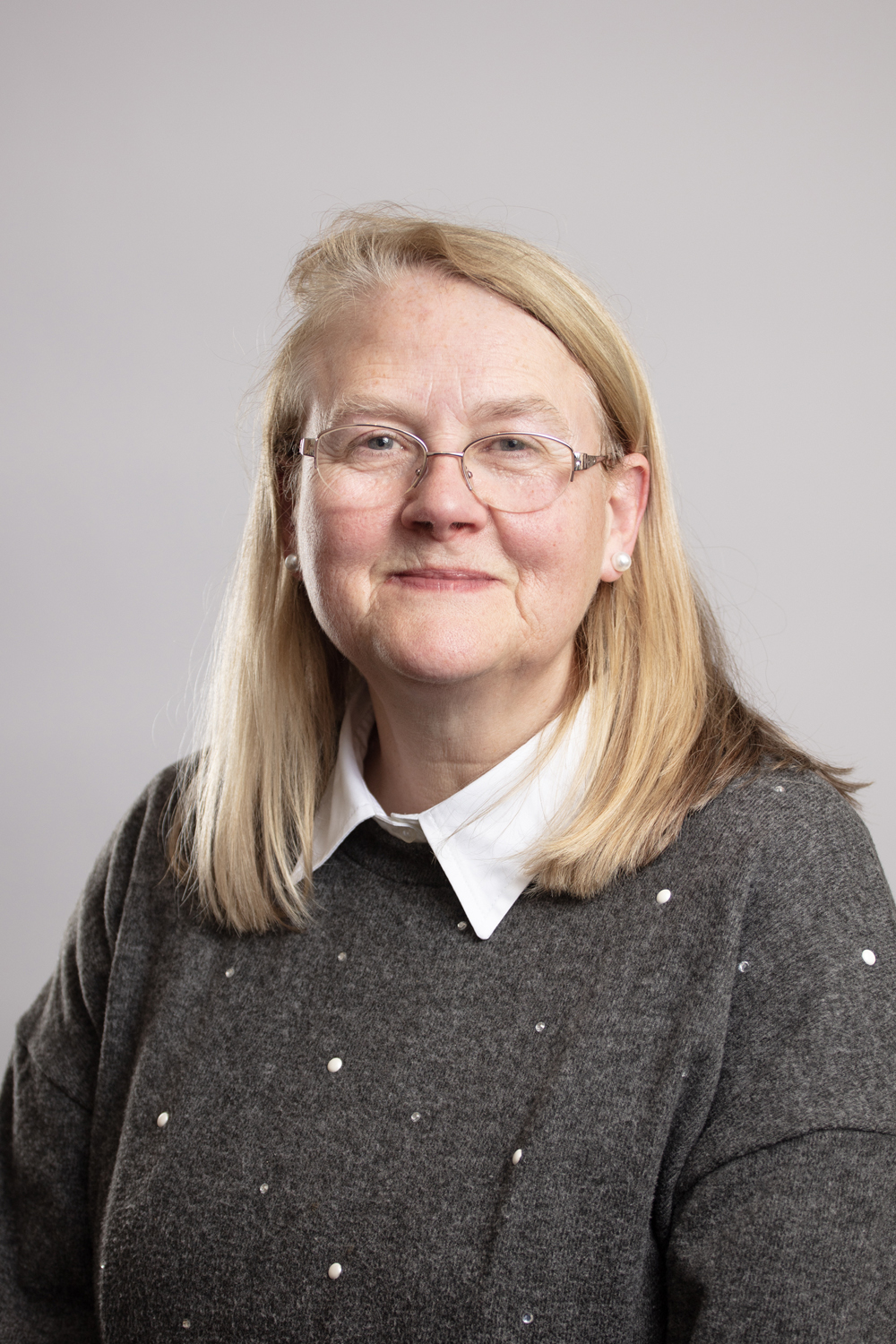
I have been a French Tour Guide for Harrow School for 14 years. I lived in Harrow from 1995 to 2015 with the final house being at the bottom of the famous Harrow hill and backing on to the large Harrow School Cricket Ground. A friend informed me that Harrow school were looking for those who spoke French to be a guide for visiting French students. In my youth I spent six years at a Belgian school near Louvain, so I jumped at the chance to keep up my French and be able to work for such a famous school. It was also a great benefit to be able to walk to work and get exercise whilst working. My favourite venue is the Fourth Form Room as it provides guests with a fascinating and genuine look at life in a 17th Century school and visible signs of those that went there. One of my favourite facts about Harrow School is that the Earl of Shaftesbury is an Old Harrovian and it is incredible what he went on to achieve and his legacy continues with the Shaftesbury Enterprise - Harrow School's initiative focused on improving the educational outcomes and life opportunities for young people in the Harrow neighbourhood . My favourite piece of Harrow terminology is that the Masters are called Beaks which of course we translate to Bec.
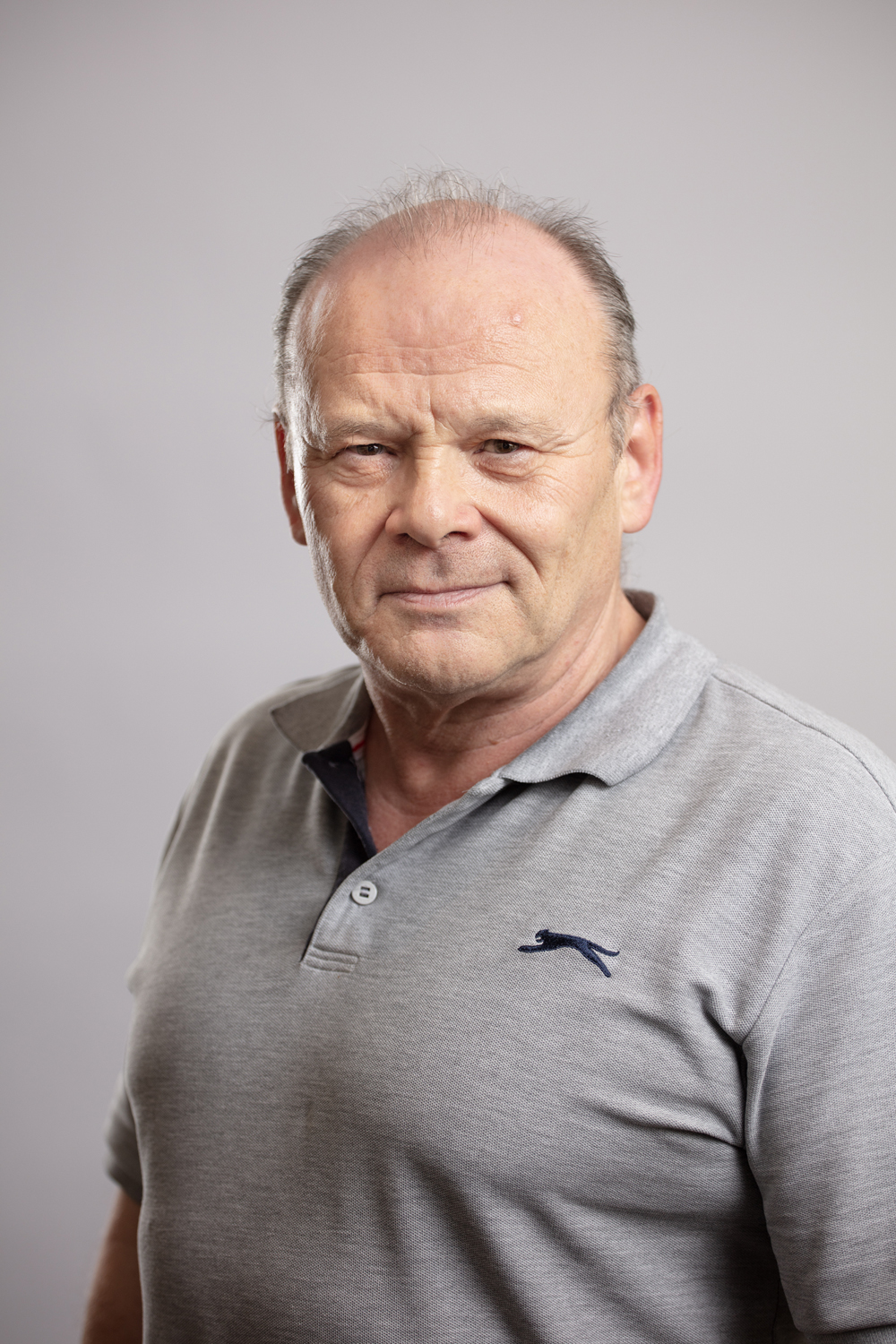
As someone who has lived on ‘the hill’ for twenty-five years, and who had never worked in education, I had always viewed Harrow School from outside ‘the bubble’. I watched the generations of students come and go, the wide-eyed youngsters on their first day to the confident teenagers about to face the world, and, amongst all these changes, the historic buildings stood proud and unaltered over the centuries. It is this on-going link with so many points in our nation’s history that first tempted me towards being a tour guide. Having the opportunity to escort people from different backgrounds and cultures and walk in the footsteps of kings, prime ministers and inventors, all of whom had played such a notable role in history, continues to enthrall both myself and our guests. Favourite fact – The School was created to give free education to local boys. Languages- English (with a Northern accent.) To have tea with - A certain Mr Warde, whose name is plain to see in the Fourth Form Room. Once expelled, he disappeared, and no one knows what became of him. I’d like to know! Terminology - Skew. I would like to think the word askew came from this but, alas, it’s Norwegian.
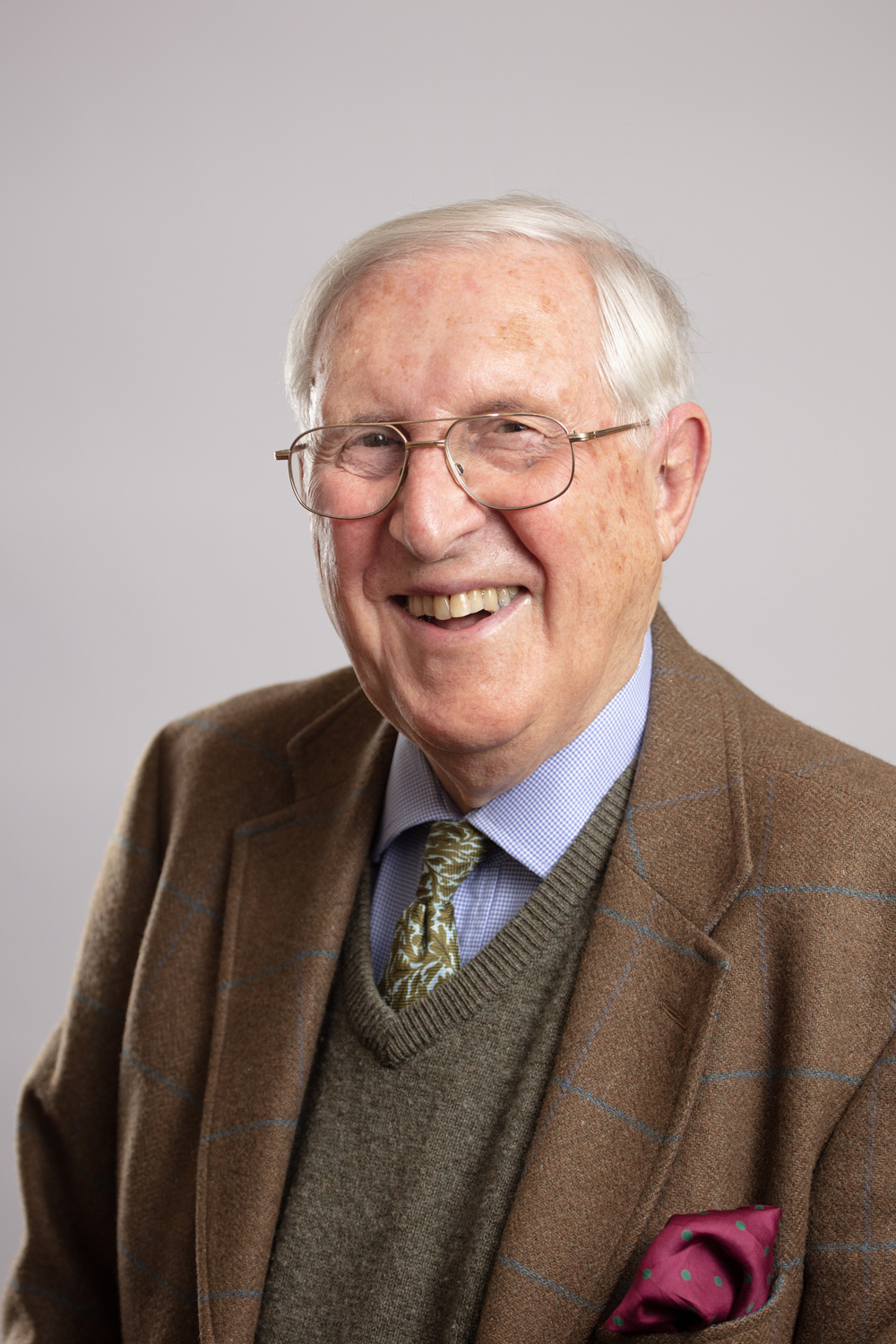
I have been working as a Harrow School Tour Guide for over twenty years. I am an Old Boy, retired Harrow School Master and a local Hill resident. As author and co-author of ``A Timeline History of Harrow School``; ``A Hundred and One Eminent Harrovians``; and ``Football, The Harrow Game``; I know quite a lot about Harrow School, its history and customs. I took on the role of a Harrow School Tour Guide to impart some information about Harrow that maybe others do not know and to convey to outsiders the pride I have for the School. Favourite Harrow School venue and why? Difficult to answer as the whole is more than the sum of its parts. I probably favour Speech Room because of its spectacular architecture and its function as the hub of the School. Of course, Old Schools is the ‘iconic’ building. My least favourite is the Chapel because it does not fit with the rest, Harrow being a brick school - not flint. The Head Master’s House (Decimus Burton) and Druries (Charles F Harward) deserve special mention for their architecture. Favourite Fact about Harrow? That Harrow was a poorly founded school (because the Founder devoted much of his estate to the maintenance of the Harrow and Edgware roads) but by the middle of the 19th century, it had been grouped with Eton (Royal) Winchester (founded by William of Wykeham, the richest man in England), Westminster, etc as one of the 7 great public schools in England. What is your favourite part of being a tour guide? It is just like teaching - but to a group of strangers. So the challenge is to inspire visitors with interesting and entertaining information and to create a rapport. What languages can you speak? English and Spanish. Most memorable tour? When I asked if they had any questions, one said, “Yes, how old are you?`` And when I told them, they burst into applause! A Harrow School tradition you hope will never end? Harrow Songs. Which famous Old Harrovian would you most like to have tea with? I have probably already “had tea” with most. What is your favourite piece of Harrow terminology and what does it mean? I would like to retain the traditional names: Form room (not classroom), Division (not set), School Yard (not Bill Yard); hat (not boater), Bill (not roll call), boy or pupil (not student), to be ‘up’ to a Beak (rather than taught by a master).
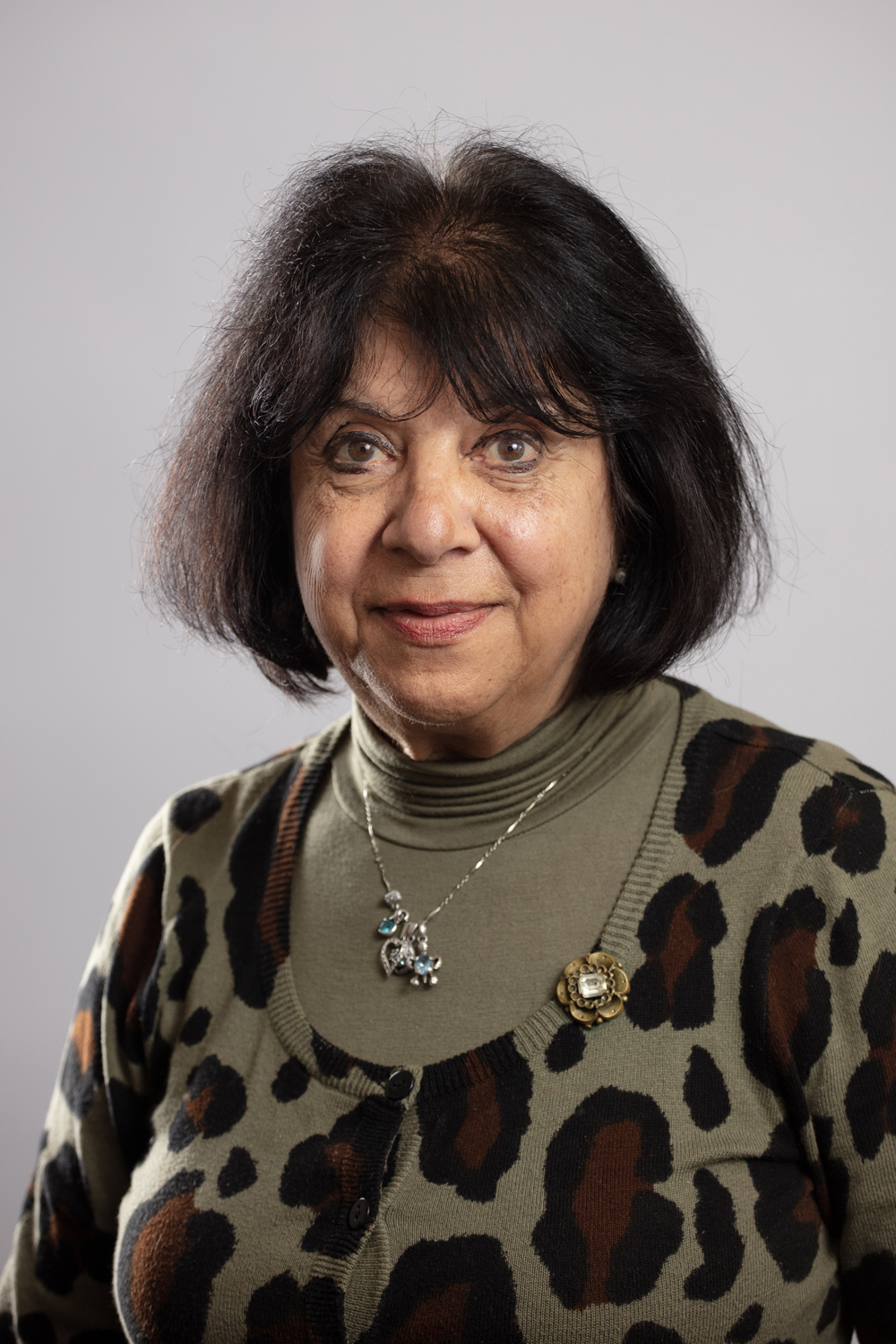
I started as a French guide in the late 1990s as my teaching of French to Kodak scientists gradually came to an end after more than 11 years. Jean Leaf spotted me at a lunch and tour so from early 2000 I enjoyed taking French youngsters around the School, amazed at Speech Room and even more with the sports grounds. A favourite moment is when they show interest by asking many relevant questions and are surprised when the tour has ended, too soon means they really enjoyed the stories and learning more about the history of Harrow School. Of particular interest would be having tea with Lord Byron, would he be in a fasting mood or gorge gossip about what happened with the new Head Master, it certainly would not be boring! For French school children it’s quite fun to hear a teacher is called a Beak, or a skew is a warning for a boy, a black mark, get three, and a punishment will be posted for all to see. Harrow School is indeed very special with its own customs which have inspired books and films like Harry Potter which help our visitors mix real life facts and fiction.
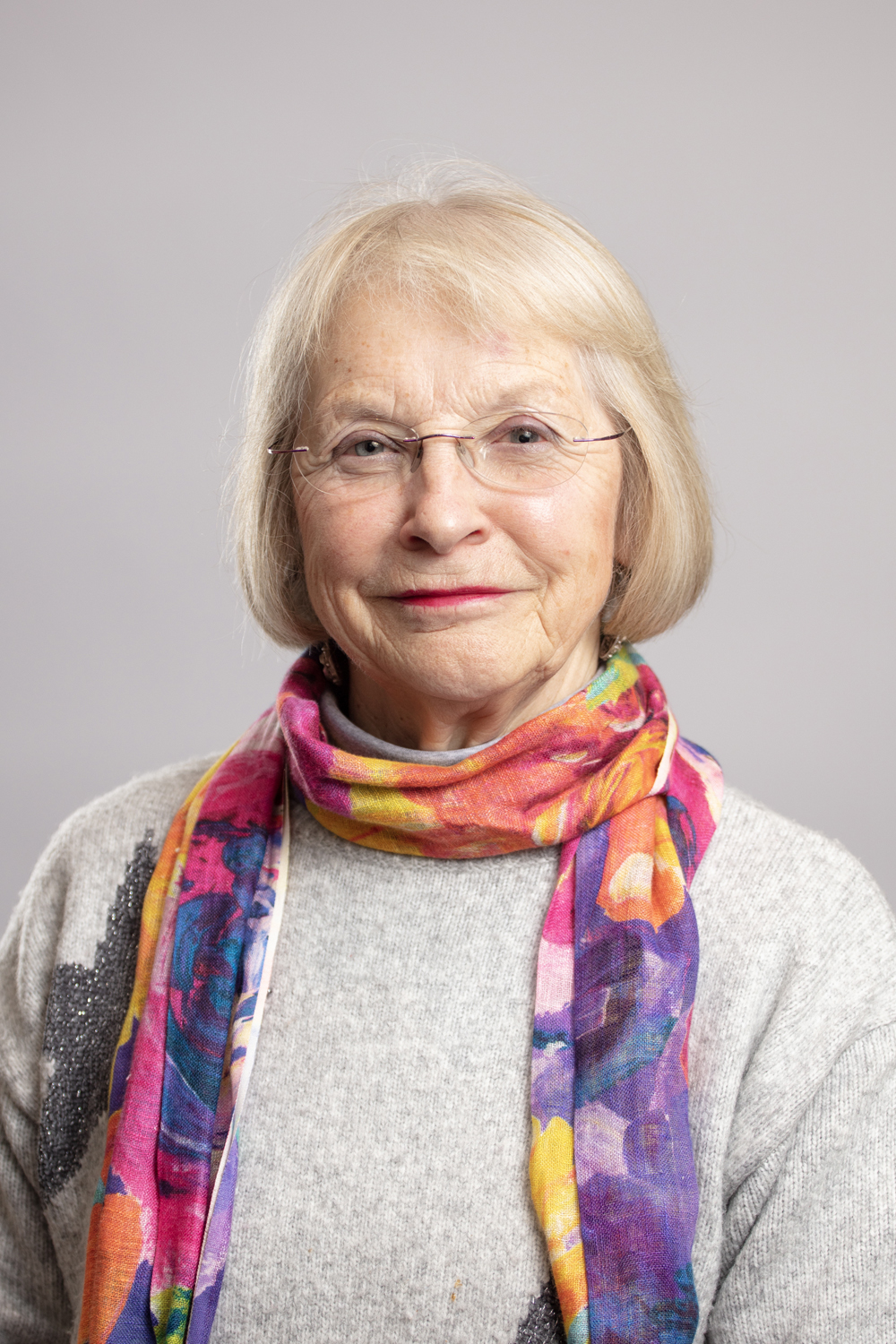
I have been involved in being a guide since 2010 and went on to manage Harrow School tours for a number of years. My husband had been a master and a housemaster in the School and we lived in a boarding house for twelve years. As the housemaster’s wife I was involved in many aspects of School life, dealing with the boys, the parents, matrons and other staff. Our son was a boy in the School so we know the place well. I wanted to share that experience with those visiting Harrow School and to give them an understanding of what life was like inside the School and a boarding house. Favourite Harrow School venue and why? Speech Room because of its amazing architecture and design. What is your favourite part of being a tour guide? I like showing visitors the beautiful place where the School stands and seeing their surprise at the wonderful buildings, music, drama, sports facilities and the range of activities the School offers. This looks like a perfect School for a child’s education. Visitors never fail to notice that. Which famous Old Harrovian would you most like to have tea with? Winston Churchill, a Harrovian, who took advantage of what was on offer here and together with his inner drive and abilities converted it into becoming a national leader, historian and speaker. He became the most popular Briton and he loved Harrow. What is your favourite piece of Harrow terminology and what does it mean? I like the word ‘Beak’ used by boys to refer to a teacher. The word gives you no clue as to what it might mean and shows you the humour of boys in inventing quite absurd words to conceal, deceive or mislead.
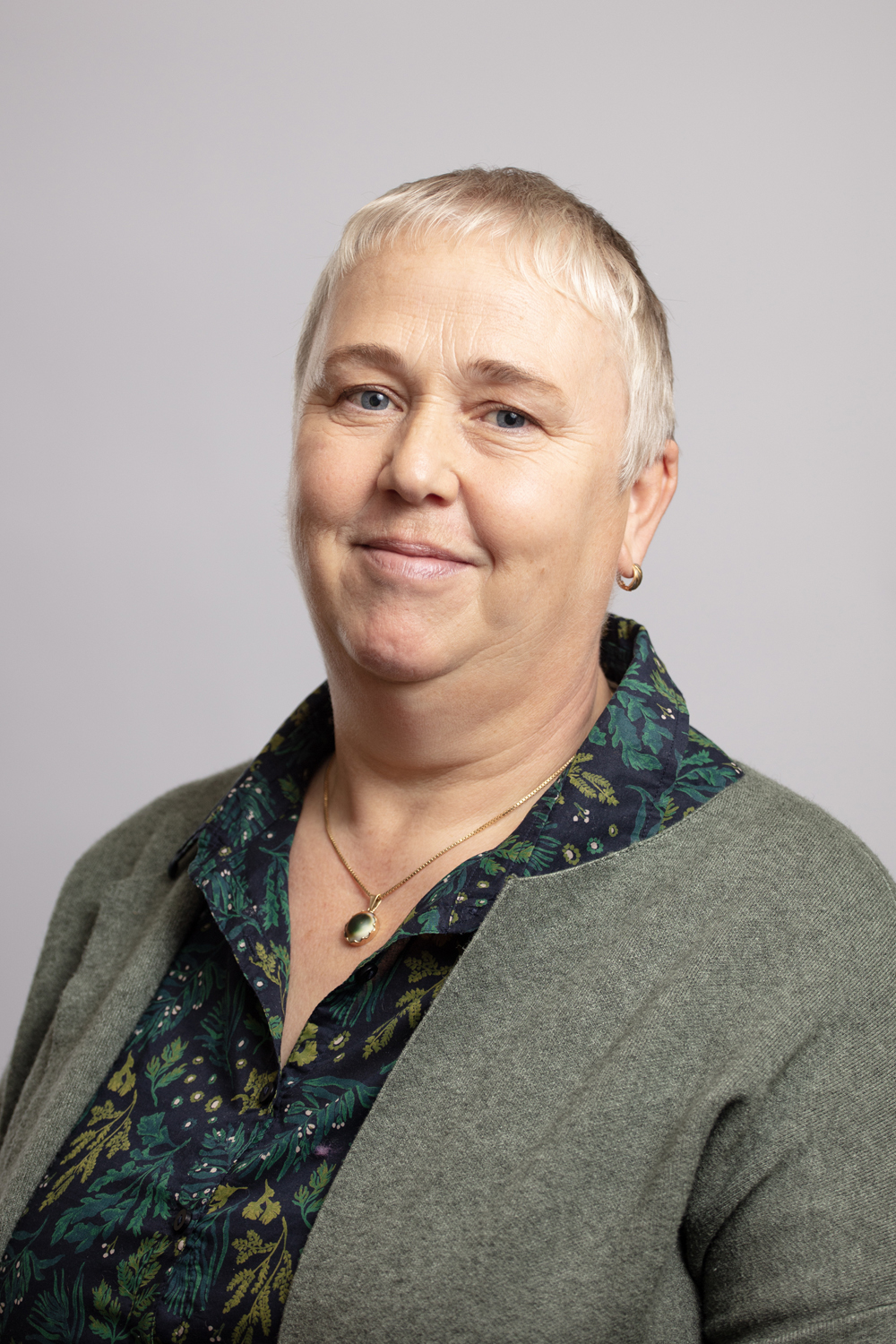
I came to the UK from the Netherlands as an au-pair in 1984 and met my husband in the first year. After we married, we moved to Harrow to buy our first house in 1990 and we have lived in the same street ever since. My two children went to a local school and we had several school trips to Harrow School. I learned more about the School when each of my children had a week at Harrow during the summer holidays. History has always been an interest of mine and that seems to be in the genes as both my mother and daughter studied history. I have been hosting historical tours at Harrow School for 6 years. I love architecture, history and enjoy meeting new people from all over the world, sharing the beautiful buildings and old traditions of Harrow School. Guests enjoy seeing the boys going about their days and learn about the many opportunities, music & sports, and societies the boys can take part in. I also like to include the charitable side of Harrow School and explain about the scholarships and the many charities the School takes part in to show that Harrow School is beneficial to the whole of Harrow. Favourite Harrow School venue and why? I love the Alex Fitch Room with the beautiful woodwork and stained-glass windows. It has a very special atmosphere. Favourite fact about Harrow? The fees of the boys only cover their education and living expenses and that the maintenance of the buildings is paid for by the work of Harrow School Enterprises Ltd. What is your favourite part of being a tour guide? Being surrounded by beautiful buildings and grounds. What languages can you speak? Dutch and I can understand some French, German and Farsi. Most memorable tour? A group of English senior citizens who had a lot of questions but also knew a lot about the Old Harrovians. A Harrow School tradition you hope will never end? I hope that the Christmas Carols for the townspeople never end as I thoroughly enjoy it every year. Which famous Old Harrovian would you most like to have tea with? Benedict Cumberbatch as I love his work. What is your favourite piece of Harrow terminology and what does it mean? My favourite piece of technology is the term ‘Beaks’ (teachers) as it derives from the beak of a black raven.
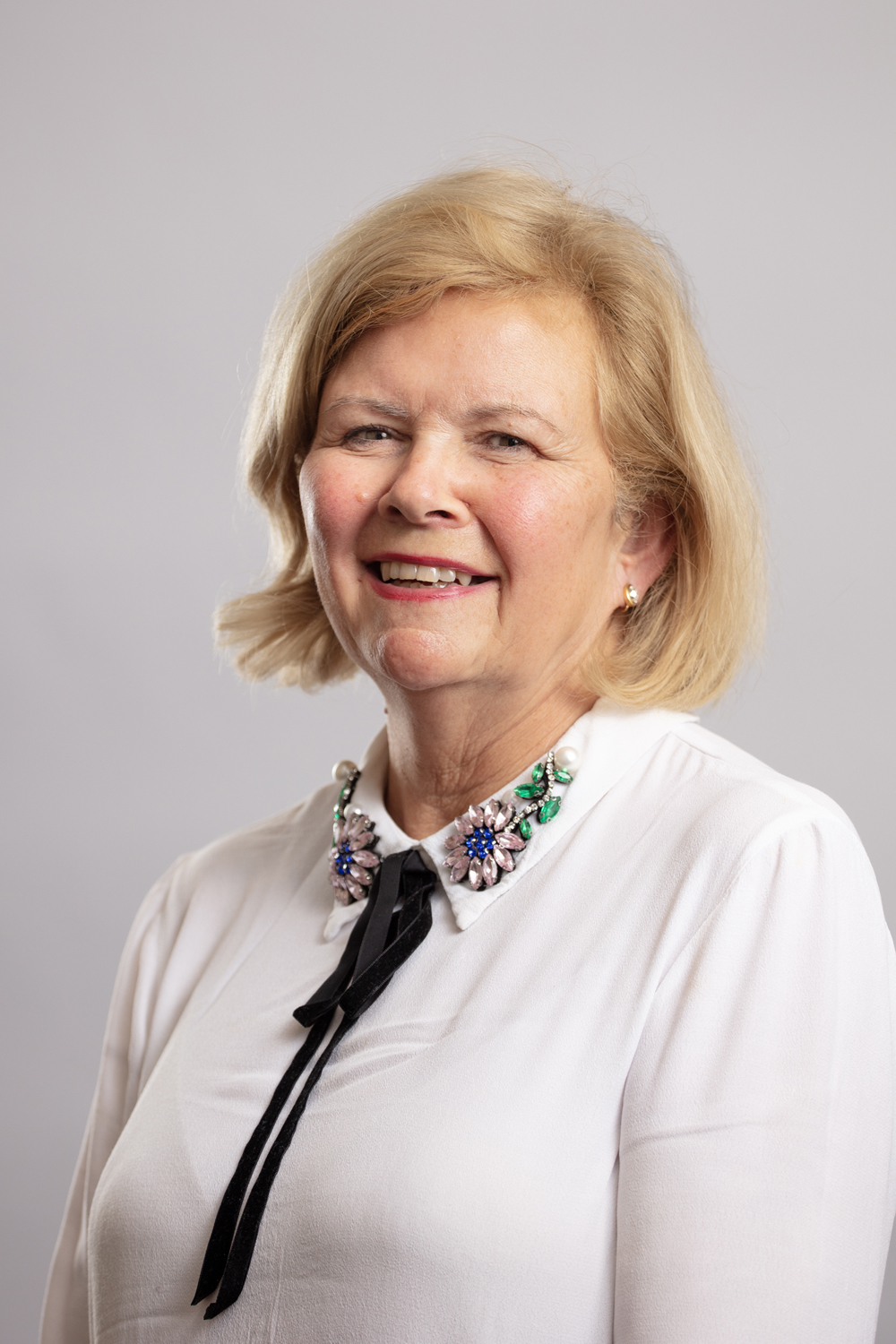
I have been working as a tour guide for Harrow since 2018. However, I previously worked for Harrow School for 14 years as a HR Manager. My particular area of responsibility and expertise was recruitment and training. So new staff induction and tours were a part of my role. I decided to take early retirement in May 2018 to enable me to spend more time supporting my family and grandchildren. I wasn’t quite ready to say “goodbye” to Harrow School though. Harrow is like a large village, accommodating not only the boys and masters, but key support staff too. There is a great sense of community at Harrow and everyone is very friendly. The transition to becoming a historic tour guide was a natural and very welcome progression for me. I am passionate about the School, its history and unique buildings. I get a great sense of joy and purpose, passing on my knowledge of the School to others. I love seeing their reactions when we first enter the lovely buildings and rooms. One of my favourite venues is The Alex Fitch Room. I love the story behind it‘s history and always feel a special atmosphere in there. I think one of my favourite facts to pass on to young overseas groups is that Harrow boys are not allowed to have their mobile phones on them all day! I think the young people take away and remember that piece of information, more than the historical facts they have learnt! I love bringing the buildings and stories to life for the many and varied groups of people I have the privilege of showing around. I enjoy answering their questions, which always makes every tour unique. As a keen amateur actor, I quite like the round of applause I often receive at the end of the tours! I enjoy all of my tours for different reasons, but always remember trying and succeeding, in making a visually impaired gentleman’s tour, special for him, bringing the buildings and their contents, to life for him. I once showed a current Harrow boy’s father and godfather around on a private evening tour. It was a very different tour for me, as the father had seen a lot of the areas of the school already. I worked very hard to give him and the party a different and memorable experience. The tour ended with the boy playing the bagpipes in the Fitch room, it was a memorable and emotional experience, that I will always remember. I really hope the boys will always wear their straw boaters (although I know the boys aren’t that keen!) I would like to have tea with Lord Shaftesbury. He is a personal hero of mine. I like the term “skew” which means punishment in Harrow’s own “language.”
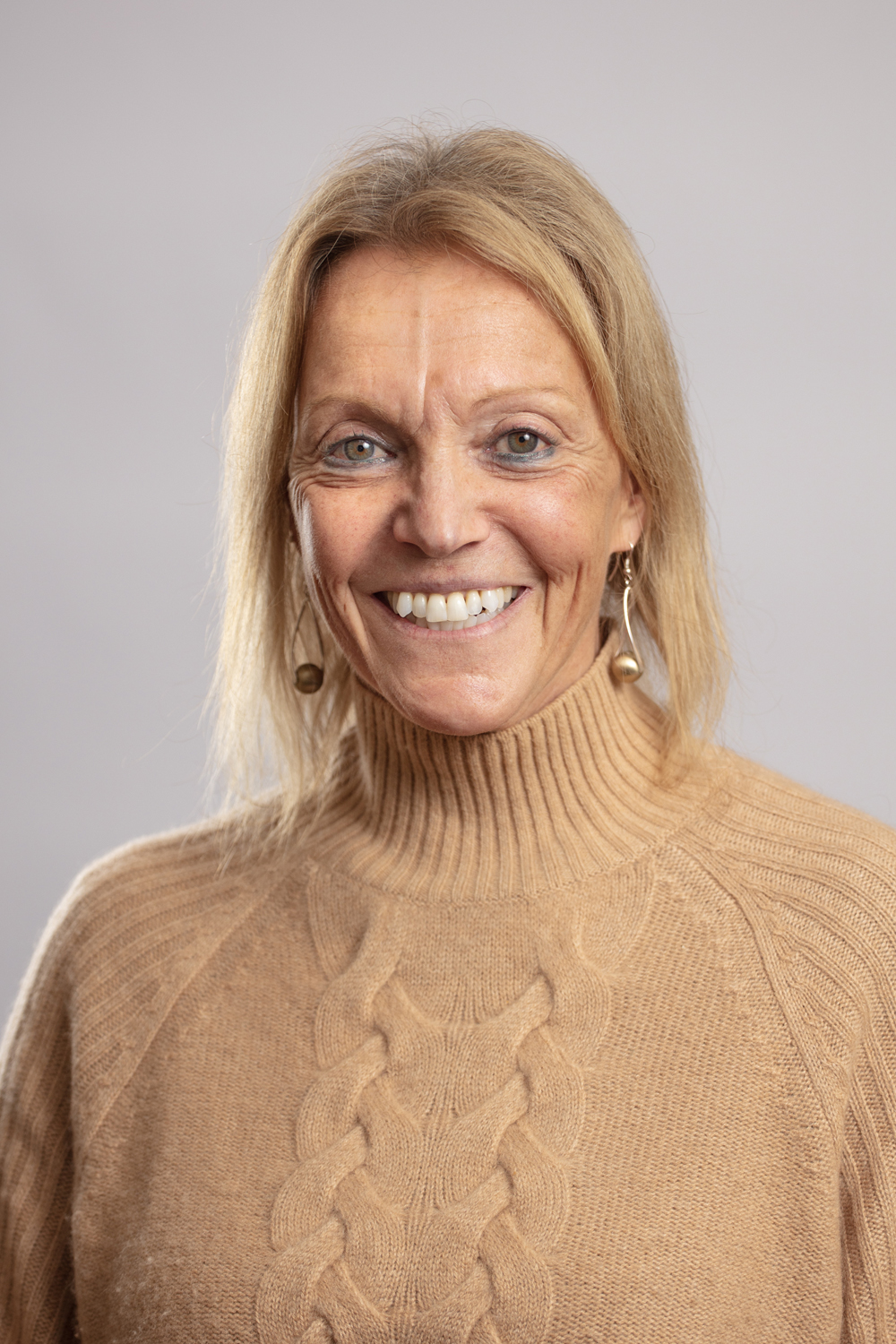
I have been a Harrow Tour Guide since 1997 and started off as a German speaking guide. I was contacted by the then Tour Manager as the School required a second guide for the German groups. Although I had no connection with the School, I accepted the job which sounded most interesting. 23 years later I am still there and now also conduct the tours in French and English. My favourite venue is Speech Room. It’s the most imposing School Assembly Hall I have ever visited. I like the fact that Harrow School was initially established for the sons of the farmers and the poor, but in later years educated 7 prime ministers, some of which had a significant influence in the running and development of Great Britain; which has lasted to this day. I very much appreciate showing visitors around the School who have returned with friends and relatives. I speak English, German, French and Spanish.
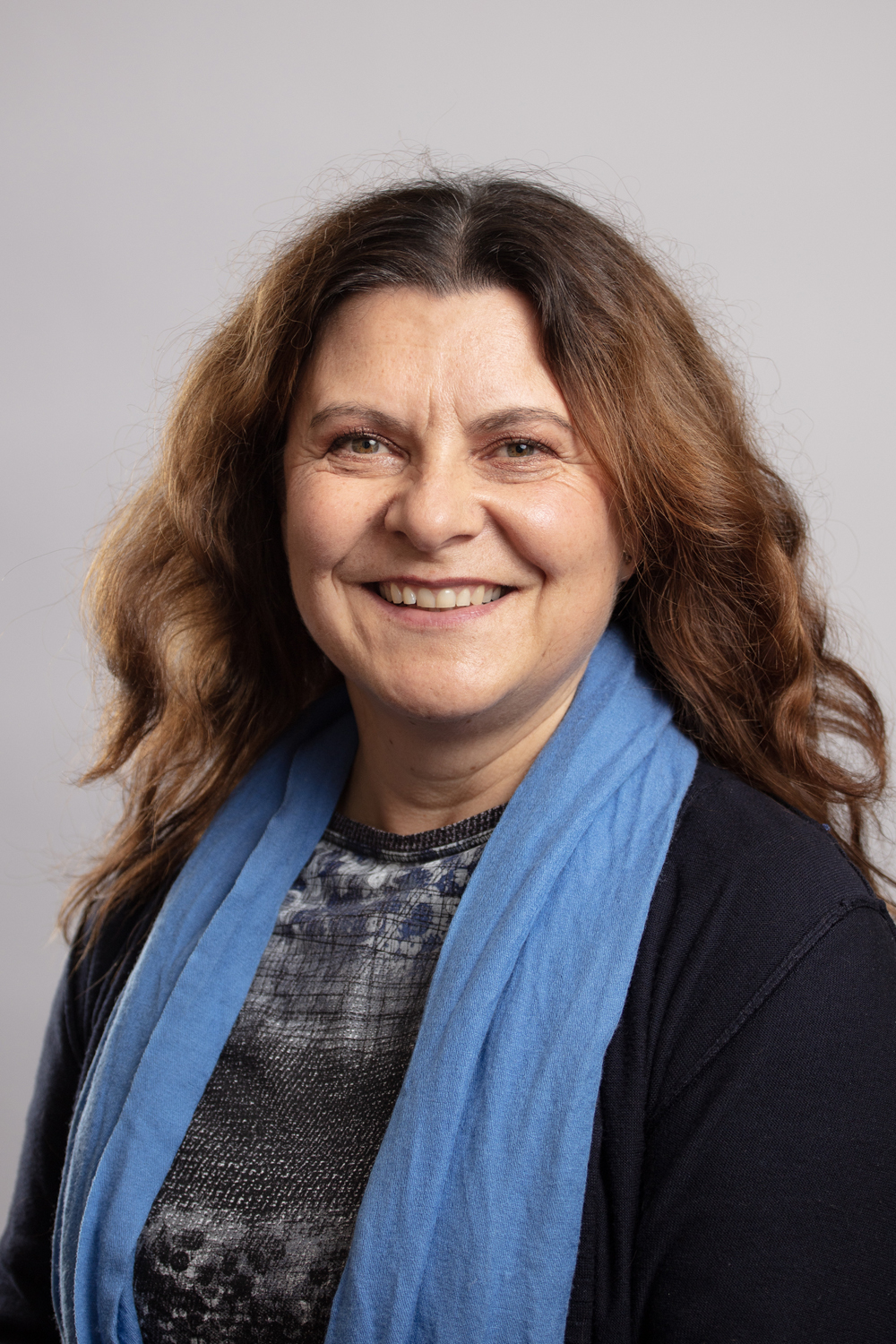
I started to work as a tour guide for Harrow School about 10 years ago. I had no previous connection with the School nor any experience in tour guiding but when the opportunity arose to work for a prestigious public school with a distinguished history, I did not hesitate. I do most of my tours in French and what I like best about being a tour guide is informing and interacting with people. The Fourth Form Room is my favourite venue. It is the original school and a unique Jacobean room because it has been left unmodernised. I love the fact that squash, or ‘squasher’ as it was originally called, was invented at Harrow. My favourite Harrow word is ‘shepherd’. A shepherd is an older boy whose job it is to look after new boys for their first two weeks. Two traditions I hope will never end are the carving of the boys’ names onto boards in the houses and the communal singing of Harrow Songs.